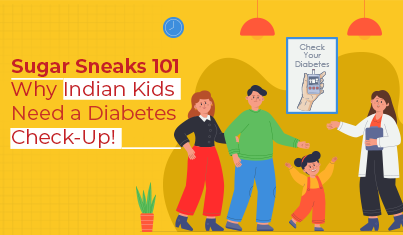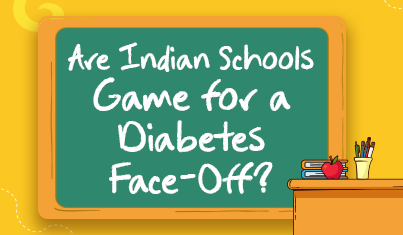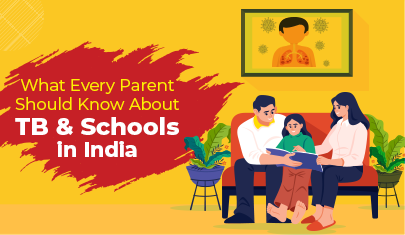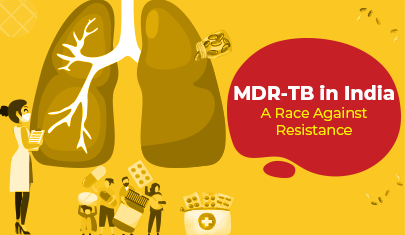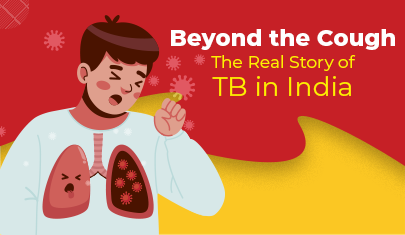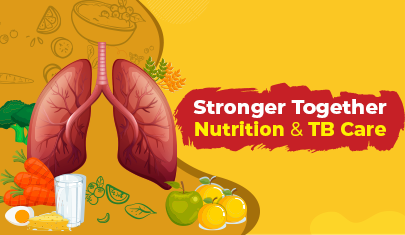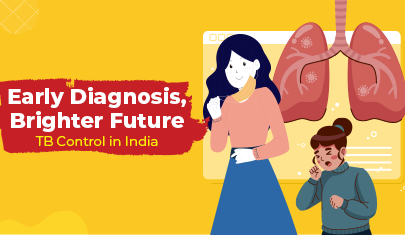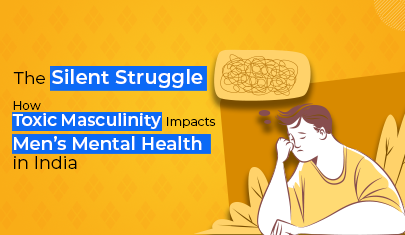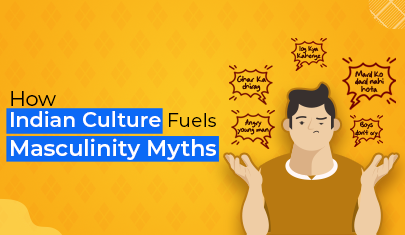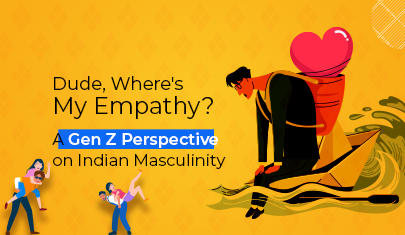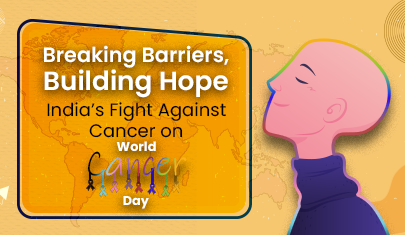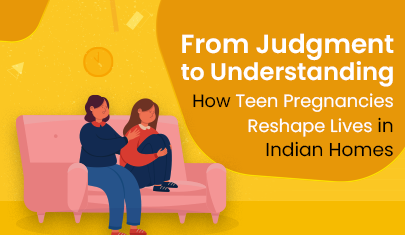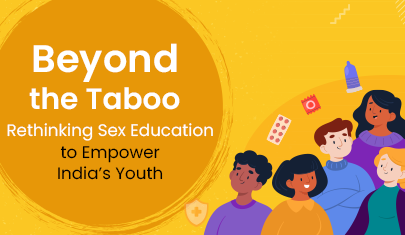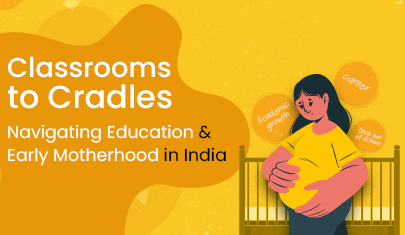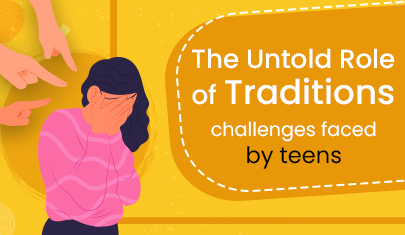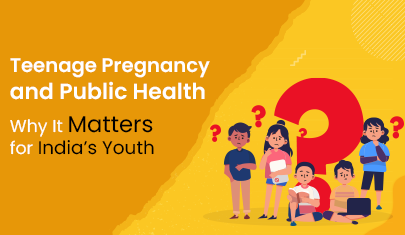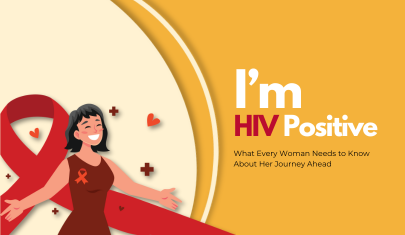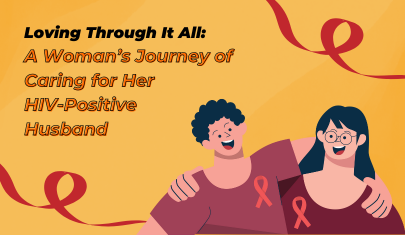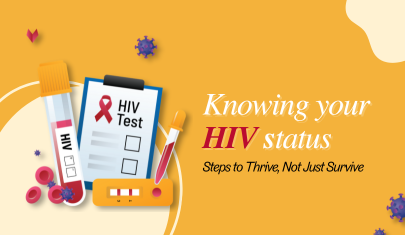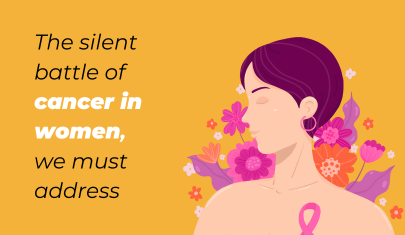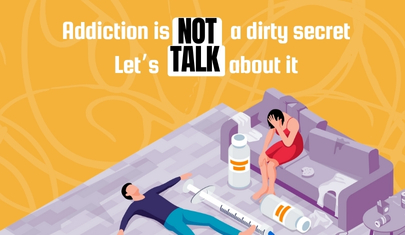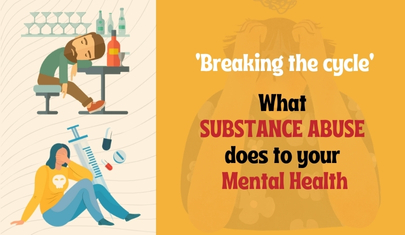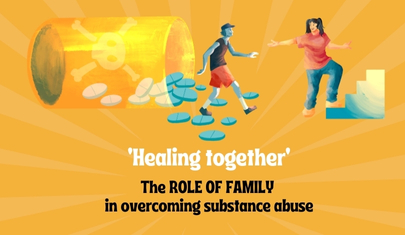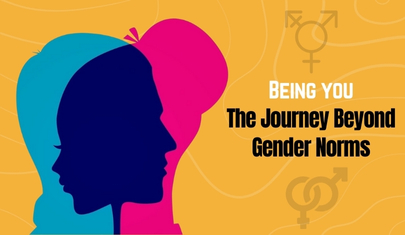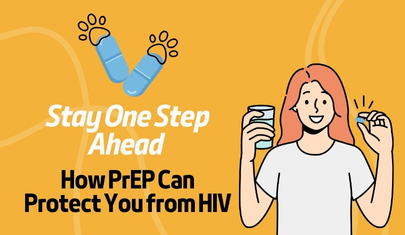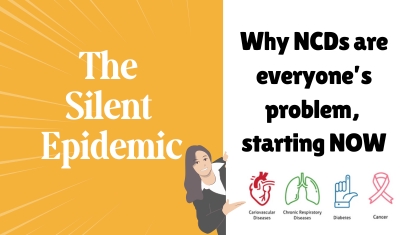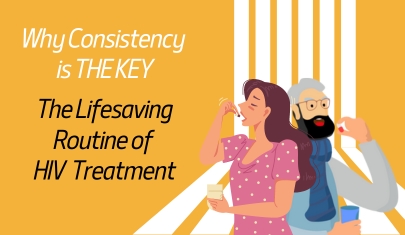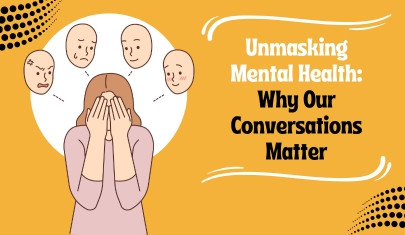General
Breaking the Silence Why Teen Pregnancy Still Happens in India?
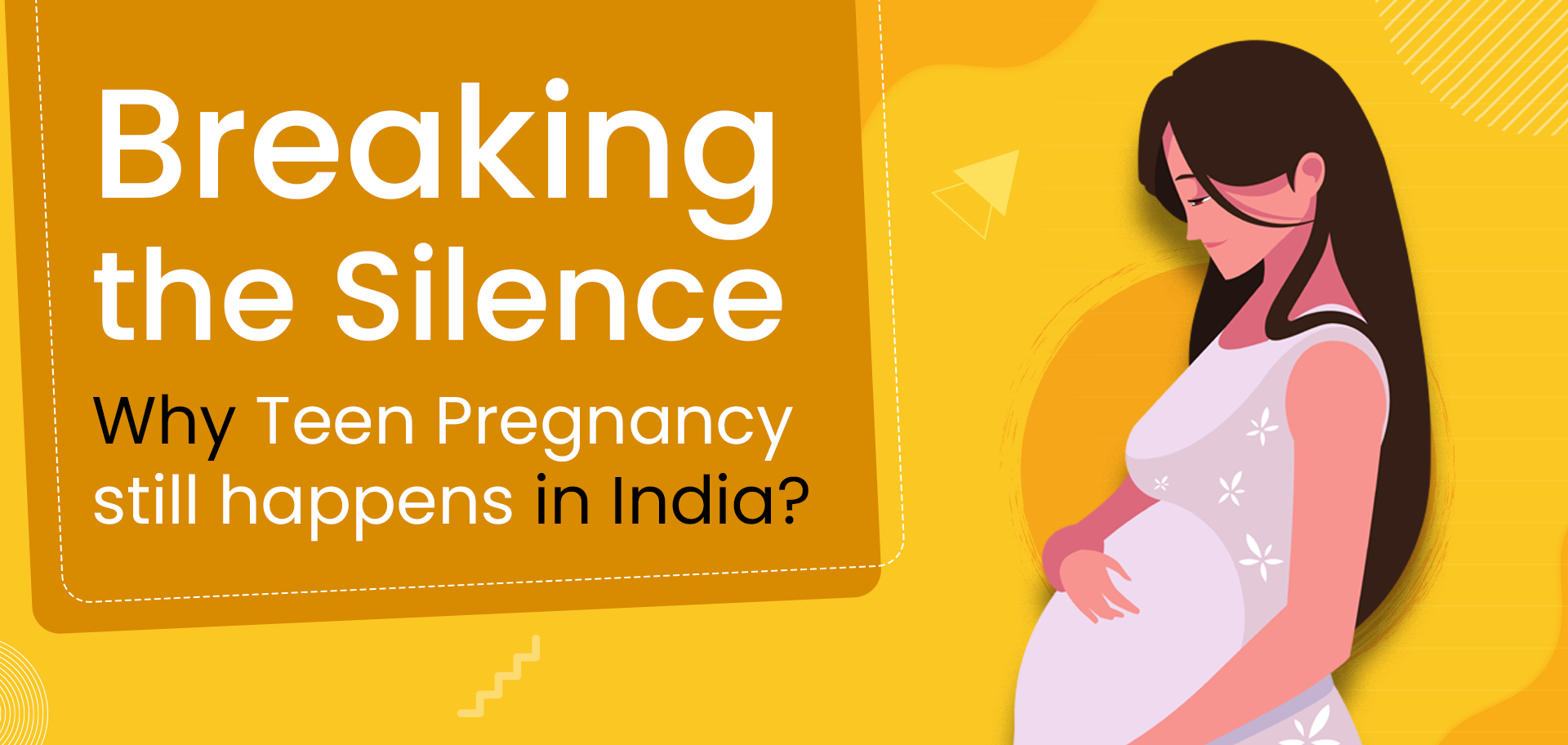
Hey there,
Have you ever wondered how life can suddenly take an unexpected turn while you're still figuring things out? Imagine being a teenager and suddenly having to deal with a baby! Teen pregnancy isn't just a statistic; it's a real story of dreams being derailed, facing judgement, and confronting numerous challenges. Let's explore why this is occurring in India, what the statistics reveal, and how our society and environment play a role.
Why is this still happening?
Teen pregnancy isn't just a personal issue; it affects our entire society. For young girls, it often results in dropping out of school, marrying early, and missing numerous opportunities. For families, it poses a significant financial and emotional strain. And for our communities, it perpetuates the cycle of poverty and limited education.
In India, where nearly half the population is under 25, the effects of teen pregnancy are profound. Girls aged 15 to 19 not only face health risks but also encounter societal judgment. But why does this continue to occur so frequently?
The Root of the Problem:
The main reasons behind teenage pregnancy in India are closely tied to poverty, insufficient education, early marriages, and limited access to sexual health services. Although child marriage is illegal, one in four girls in rural India is married before reaching 18, according to the National Family Health Survey (NFHS-5). Add to this the lack of proper sex education and the taboo surrounding discussions about reproductive health, and you create a scenario in which young people make life-altering decisions without adequate information. For many, pregnancy is not a choice, but rather a consequence of a system that overlooks their needs.
Urban Realities:
While data from surveys like NFHS illuminate the larger picture, the reality on the ground, particularly in cities, is more intricate. Real-life stories illustrate that teenage girls in urban areas encounter their own set of challenges, navigating pregnancy in ways that are anything but simple. These narratives emphasise the effects of the Medical Termination of Pregnancy Act (MTP) alongside social pressures, limited awareness, and obstacles in accessing legal healthcare options. For some, this results in the pursuit of unsafe and unregulated procedures due to stigma, secrecy, and a lack of support. It's not solely a rural concern; teenage pregnancies, which are profoundly personal and socially traumatic experiences, occur across all urban demographics and economic backgrounds. In cities, trust issues, relationship dynamics, and a deficiency in discussions about safe sex often leave girls at risk. Misconceptions, such as the belief that condoms diminish pleasure, further heighten the likelihood of unprotected sex. For many, the ultimate decision often feels more like acquiescence than a deliberate choice, arising from limited options or pressure from those around them. Substance use also plays a role in urban environments, although it is not the only factor. Increased exposure to alcohol or drugs, combined with inadequate sexual education, impairs judgment and leads to riskier behaviour. These circumstances highlight the absence of a supportive system that empowers young individuals to make informed decisions about their bodies and future.
This isn't about blaming anyone. It's about acknowledging that the issue is complex and deeply rooted in our society. Addressing it requires empathy, awareness, and accessible resources so young people can navigate these challenges without fear or stigma. Their vulnerabilities, coupled with their sexual experiences, need more contemplation.
What Do the Numbers Say? We know this is boring but should know….
The statistics are alarming:
• According to NFHS-5, about 7.9% of girls aged 15-19 were either mothers or pregnant in 2020-21.
• Rural areas have significantly higher rates than urban areas, where education and healthcare access are slightly better.
• States like Bihar, Assam, and West Bengal report the highest rates of teenage pregnancies, while urban centres like Delhi have lower figures.
These numbers aren't just statistics – they represent real lives impacted by cultural, educational, and healthcare disparities.
Geography and Culture Matter:
In India, rural areas are more severely affected by teenage pregnancies. Limited access to contraception, healthcare, and education creates a vicious cycle. Girls from poorer families are likelier to marry young and have children early. In urban areas, while the rates are lower, teenage pregnancies are often associated with a lack of parental guidance, peer pressure, or inadequate access to sexual health education.
Geography also intertwines with cultural norms. States with higher literacy rates and better gender equality tend to report fewer cases of teenage pregnancies. In contrast, patriarchal norms in many parts of the country leave young girls without a voice or a sense of agency.
The Role of Culture:
Cultural norms significantly influence this issue. In many communities, girls are perceived as burdens, and early marriage is viewed as a solution to alleviate those "burdens." Conversations about contraception or sexual health are frequently considered taboo, leaving young girls ill-equipped to protect themselves.
The stigma does not end there. Pregnant teenagers often endure judgment not only from society but also from their own families. This generates a cycle of shame and silence, hindering them from seeking help and support.
Moving Forward:
Breaking the cycle of teen pregnancies requires a multi-pronged approach. It starts with education – for both young people and their parents. Schools should introduce comprehensive sex education, and communities should normalise discussions around reproductive health. Laws against child marriage must be enforced more strictly, and healthcare access should be expanded to rural and marginalised communities.
Empowering young minds today means brighter futures tomorrow.
At YRGCARE, we believe in creating environments where young people can learn, grow, and make informed choices about their health. Please do not hesitate to contact us if you or someone you know requires support, information, or guidance. Together, we can rewrite the narrative for India’s youth.
With warmth & support, Team Communications
Most viewed
#YRGCARE #SexEducation #CommunitySupport #HealthcareForAll #Adolescentpregnancy #TeenPregnancy #BreakingTheSilence #YouthEmpowerment #TeenHealthIndia #TeenagePregnancy #ReproductiveHealth #IndianSociety #FamilyHonor #ChildMarriage #EducationForChange #HealthAwareness #SexualHealthEducation #EmpowerYouth #TeenPregnancySupport #GenderEqualityIndia #RuralEducation #UrbanChallenges #AccessToHealthcare #YouthRights #PregnancyAwareness #CulturalNorms #BreakingTheCycle #ParentingInIndia #YouthEmpowermentIndia #ContraceptionAwareness #YouthSupport #IndianYouth #TeenMothers #TeenPregnancyPrevention #SexualHealthMatters #YRGCAREBlogs




